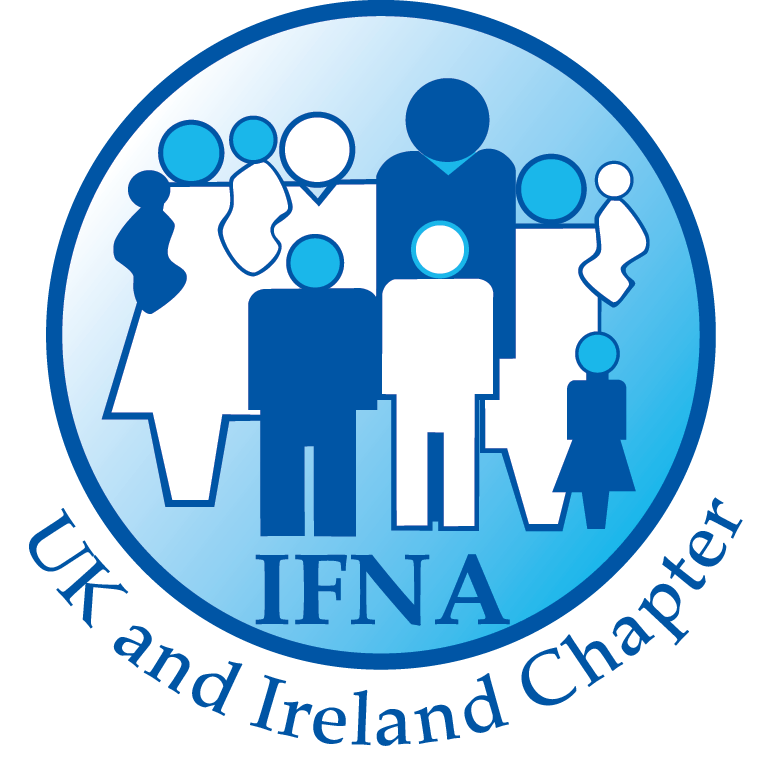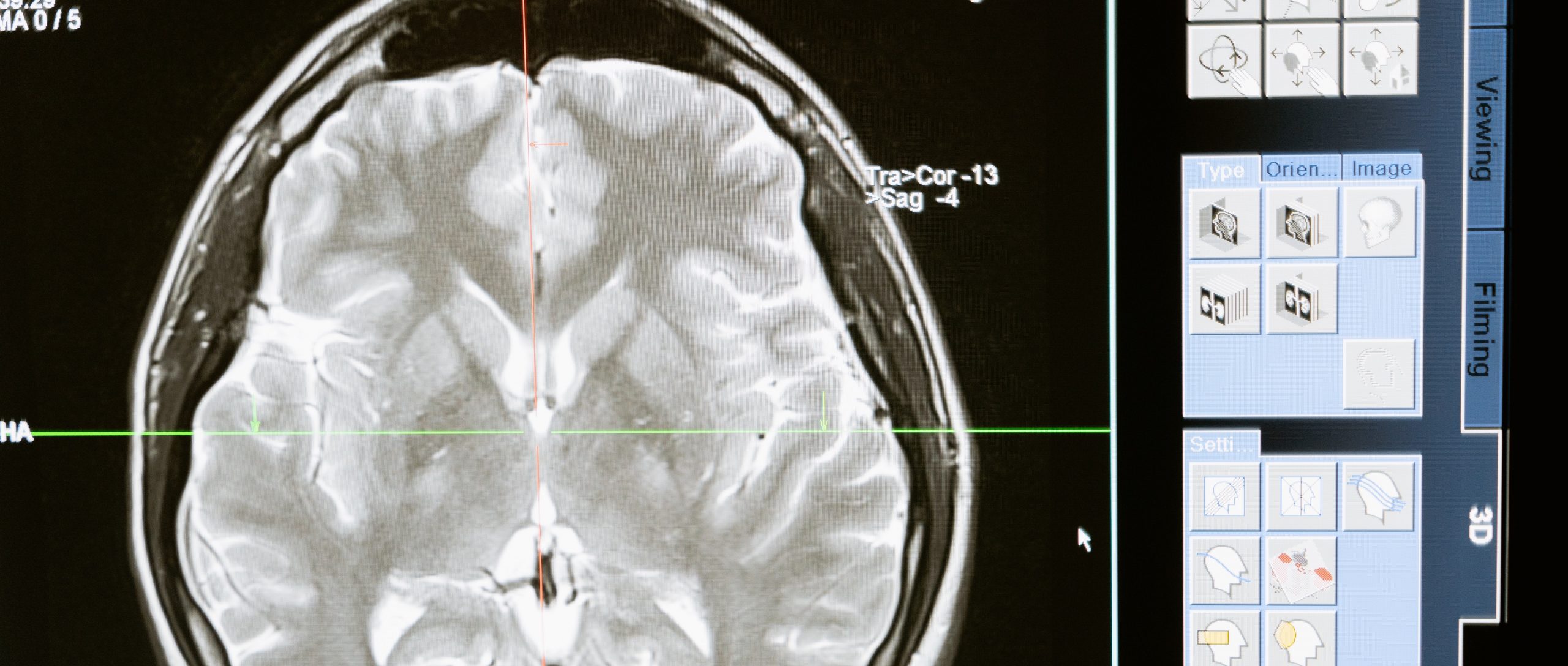May is ‘Stroke Awareness Month’ and Dr Amanda Jones, Consultant Stroke Nurse and Clinical lead for the Stroke Pathway at Sheffield Teaching Hospitals NHS FT highlights in her blog about the effects of a person’s stroke on the whole family and how nurses can support them at different phases of the condition.
Stroke has been described as a family condition as its’ effects impact on the whole family and friends. Experiencing a stroke has been described as “one of the most devastating things that can happen to a person” as it is a long-term condition that is likely to impact on a person and their family for the rest of their lives. Stroke is often referred to by stroke survivors as something that’s turns their life upside down, and changes their world forever, and as strokes usually happen out of the blue with little or no warning, the person who has the stroke and their family have no time to prepare. The consequences of stroke are highly individual and usually complex and long-lasting; with many stroke survivors experience various personal changes over several months and years after their stroke. Experiencing a stroke generally marks the beginning of profound changes in the life of the individual, and the lives of their family and friends. Stroke survivors and family carers often express how anxious, isolated and vulnerable they felt once discharged from the ‘safety net’ of hospital.
This is a poignant quote from the wife of a stroke survivor “The cancer killed him, but it was the stroke that ended his life and mine…we somehow could cope with the cancer; we sort of knew where we were with the treatment and what was going to happen, but the stroke, these past 10 years have been the most difficult and testing times…. It changes everything about the person and never goes away.”
Stroke care has changed significantly over the years, with the initiating of clot busting and clot removal treatments, which can have a major effect on outcome, and can in some cases, prevent long term disabilities. Because of these developments, much attention has been given to the initial treatment of stroke, resulting in little of attention to longer term recovery, which has contributed to significant difficulties and distress for many stroke survivors and their families, but the focus of attention is beginning to change with new national guidance focussing on long term specialist support for not just stroke survivors and family and carers.
Although stroke is primarily a condition of older age; with approximately 75% of all strokes being over the age of 65, and 1 in 4 people who live until the age of 85 can expect to have a stroke, however approximately 1000 children suffer strokes each year, as do an estimated 12,000 people under the age of 55, with a quarter of all strokes occurring under the age of 65. Around 900,000 people are living with stroke in England and of these approximately 50% are dependent on others for help with everyday activities.
A stroke can result in a wide diversity of difficulties which differ from person to person. Such difficulties vary in severity and can include some or all of the following; social issues such as relationship problems, career prospects for example, if some-one was working in a manual role or if driving was part of the job, they may not be able to return to their roles, particularly if they had visual problems or limb weakness, so could have issues with income. Motor or physical problems such as paralysis and weakness, which can impact on a person’s ability to walk and move, fatigue, incontinence, sensory problems such as loss of vision, impaired hearing, pain and alternated sensation. Other consequences can include cognitive and/or behavioural problems such as memory loss, inattention, confusion, lack of insight, problems with concentration and inability to problem solve. Individuals can also have difficulties with communicating, understanding, reading and writing, as well as experiencing significant emotional problems; approximately 50% of all stroke survivors suffer some degree of depression. The often dramatic consequences of stroke frequently have far reaching implications for stroke survivors and their families for the rest of their lives, and recovery involves a considerable array of coping strategies particularly following discharge from hospital The development of such coping strategies is a long-term process that requires considerable effort, motivation and enterprise on the part of the stroke survivor and their families. Unfortunately stroke services are in the main short-term in outlook, and focus primarily on the progression of the stroke survivor through the acute care system, rather than supporting them in the long term. Stroke survivors often report that their stroke journey really starts when they leave hospital, as they have to learn to cope with the impact of stroke on their life at home. However, support in helping them to deal with the aftermath of stroke is seldom available.
The stroke pathway is made up of four distinct phases;
- The hyper acute phase; immediate initial specialist assessment in hospital, with the patient being transferred to a stroke unit usually for up to the first 48 hours for intensive stroke nurse monitoring, specific investigations to determine the cause of the stroke, initiation of medical treatment, and initial therapy assessment.
- The acute phase, usually up to the first 7 days, to ensure medical stability and the initiation of intensive specialist rehabilitation. The stroke survivor is usually in hospital for this phase and the average length of stay for the hyper acute/acute and rehabilitation phase is on average up to 19 days.
- The active acute rehabilitation phase which is usually up to 3 months post stroke, and is typically dominated by rehabilitation, usually in the community, either in a community stroke unit or with a community stroke team providing a programme of rehabilitation in the stroke survivor’s own home.
- The long-term phase which refers to six months post stroke and beyond (which should include a formal 6 month post stroke review and annual review thereafter), and defined as the phase when ‘active rehabilitation’ has been discontinued, as evidence now suggests stroke survivors show a continuing decline, which could be reversed with appropriate specialist support particularly at six months post stroke.
Stroke nurses have a pivotal role in facilitating patient-centred stroke care and rehabilitation over a 24 hour period 7 days a week, and the following highlights the integral role of nursing in all 4 phases of the stroke pathway. Nurses have developed key skills, right from when patients are first admitted and assessing them holistically for any specialist time dependent interventions, providing education and information to both the stroke patient and their family. Through to the acute phase monitoring and reviewing them medically and integrating specialist rehabilitation, through to community rehabilitation in a community bedded unit or at home. Supporting and educating the carer is vital at all stages, and many new stroke nursing roles are being developed to act as an expert point of contact lifelong to support the stroke survivor and family throughout their total stroke journey.
The six core stroke nursing roles where family support can be given are:
- Co-ordination and communication.
- Emotional support.
- Involving and supporting the family and caregivers.
- Therapy integration and its continuity.
- Technical and physical care.
- Assessment, monitor and review.
From a family nursing perspective, collaboration and working in partnership is necessary to ensure good outcomes. Family nurses need to view the family as a unit in order to provide individualized care both in hospital and during rehabilitation. Shared decision making is important to develop appropriate goals and plan treatment to ensure needs are met. Caregivers need to be prepared for their roles and not just seen as a resource, a family centered approach can help with this.
Stroke Helpline
For advice, support and information about stroke, dedicated Stroke Helpline; 0303 3033 100 or email helpline@stroke.org.uk.
Supporter care
For help making a donation or fundraising, call supporter care team on 0300 3300 740 or email supportercare@stroke.org.uk.

